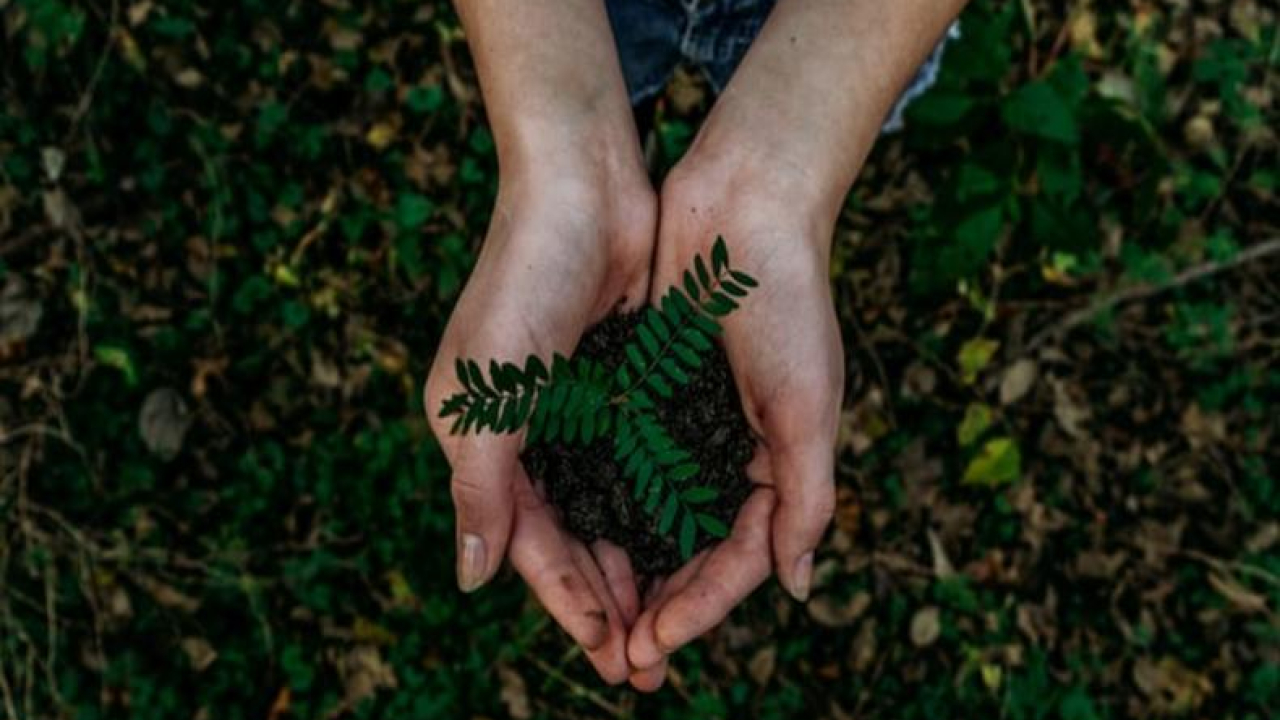Social-Emotional Learning: A Beneficial Outcome of Teaching Environmental Sustainability

If we are looking to build momentum for change, education is fundamental.
We aspire that our coming generation acquires education for sustainable development and sustainable lifestyles, along with human rights, gender equality, promotion of a culture of peace and non-violence and global citizenship. We want our coming generation not just to support the making of beautiful earth but are themselves beautiful human beings.
One of the most desired outcomes of teaching sustainability is Social-Emotional learning. Nature provides an incredible resource for teaching and learning about caring and emphasizing social-emotional development. Teaching sustainability enhances our ability to do work that is both good for the earth and good for the development of our children.
Some of the values that environmental sustainability can teach students are justice and equity, honesty and trustworthiness, integrity and altruism, respect for nature and the planet, and the golden rule of reciprocity. When we can meet sustainability goals with SEL, our students will have a virtuous life as its reward. In addition, we will be able to look ahead to a future society that will largely self-regulate.
By looking for SEL outcomes in sustainability, we are establishing a rewarding reciprocal relationship. Calm and alert children can better handle challenging situations and problem-solve effectively. As adults, these children will be better able to navigate life challenges and solve the world's problems.
There is a natural tendency in young people to want to acquire values and to live by them. However, given the unsustainability of the modern consumer culture and its tendencies to peer pressure, dependencies and even addiction, a special effort is needed in the pre-adolescent years to teach young people the higher values of environmental responsibility and social service.
Learning sustainability by interacting with nature can have several SEL benefits for children -
Nature can provide an endless source of challenges to our young people that recruits the brains cognitive and emotional resources. Nature also promotes self-regulation by activating the nervous system responsible for putting the body in a calm and alert state.
Nature helps facilitate greater emotional control and focused attention as it provides an optimal sensory experience that does not overwhelm the brain. The sensory experience provided by nature allows children to interpret the sights, sounds, smells, and tactile experiences in an integrated manner because engaging in nature is also associated with a natural pull towards mindfulness.
Stay up to date
Subscribe to the free GESS Education newsletter and stay updated with the latest insights, trends, and event news every week. Your email address will remain confidential


